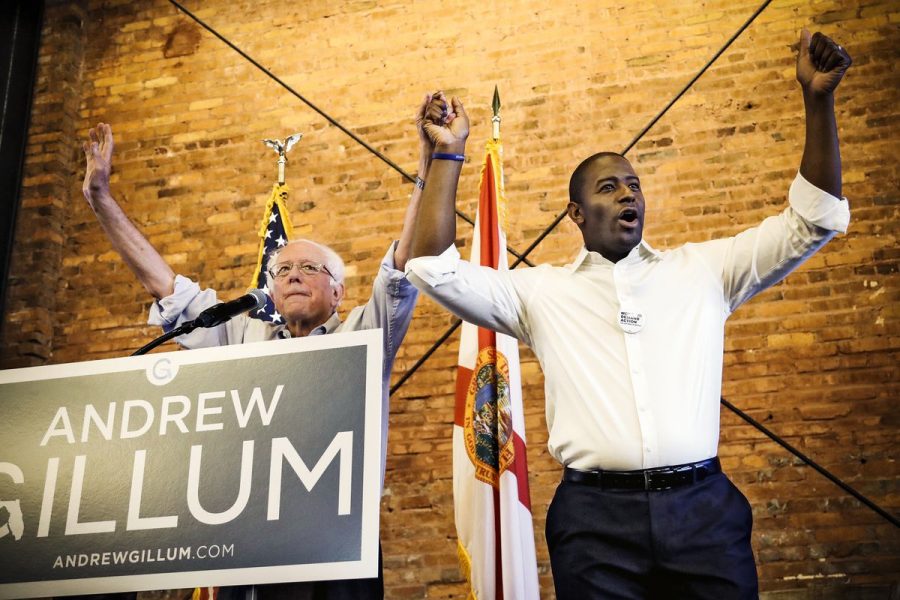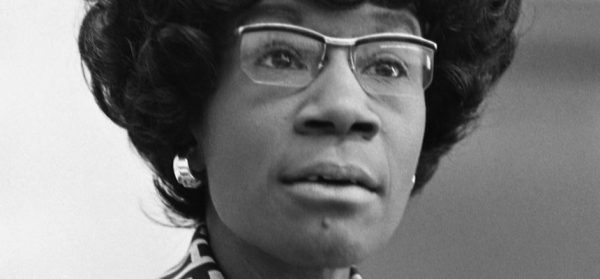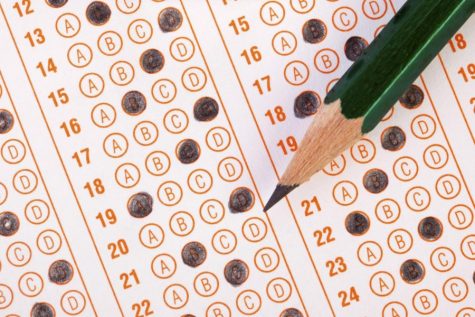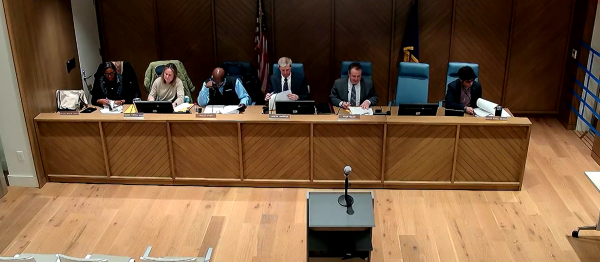Progressives are taking a page out of Trump’s book—and it’s a good thing
Behold, the latest craze in America’s bewildering political news cycle: talking heads on CNN discussing whether progressives are splintering the Democratic Party in half. No, really. It seems like we still haven’t learned from Trump.
Flashback to 2016. Was that a wince I heard? All over CNN, MSNBC, even Fox, shouting commentators discussed the great fragment of the Republican Party. By May 2016, Gretchen Carlson of Fox News was seen fretting on air over the fact that almost half of Republican senators and governors refused to say if they would back Trump as the GOP nominee. We all know the story from there. Trump—the supposedly divisive candidate—won the Republican Party nomination and the presidential election, Hillary cancelled her election night fireworks, Republicans take all three branches government; you get the point. Clearly, Trump’s strong, right-wing rhetoric and border wall were good ideas after all!
One of the reasons that Donald Trump’s win was so troubling to liberals was that they didn’t understand his base. The tale of the middle class, Midwestern factory worker who happened to vote for Trump became the mourning call of liberal news outlets. Who is this person? Why are they so misunderstood? Even worse—they had voted for Obama! Donald Trump had found the secret trove of Republican voters. They were the white, working and middle class of “flyover states” who felt that they had been forgotten by both the Democratic and Republican establishments. It’s true—progressives may be excluding those Trump voters, but they’re doing the exact thing Trump did: finding their own voter base.
Voter turnout among minorities in the 2016 presidential election was mediocre to say the least; according to the Pew Research Center, turnout actually declined for eligible black voters from 66.6 percent in 2012 to 59.6 percent in 2016. Asians and Latinos had even lower statistics, with 49.3 percent and 47.6 percent voting in 2016, respectively. These minorities are the group of people that progressives are working to enfranchise.
Let’s take a look at the upset victory of progressive Andrew Gillum in the Florida gubernatorial primary race. Gillum defeated his opponent, Democratic moderate Gwen Graham, by winning the majority in counties with significant black populations. In Hillsborough and Miami-Dade, some of the largest counties in Florida, black voters made up over a quarter of registered Democrats, according to the Tampa Bay Times. Gillum won those counties easily. In Gillum’s triumph it was clear that the black vote was crucial to his win, and it will be crucial in the general election as well.
Progressives are mistakenly being accused of dividing the vote, when really they are simply encouraging the minority population to vote for them. Winning for Democrats is not about reeling the Trump voters back in, but increasing the minority vote.
Additionally, it seems that moderates are the so-called “vote splitters.” In our local State Senate primary election, Alessandra Biaggi, a progressive, defeated Jeffrey Klein, the incumbent Democratic State Senator. It is arguable that Klein shouldn’t even be considered a Democrat as the head of the Independent Democratic Conference (IDC), a group of Democrats that caucused and voted with the Republicans. Klein was not an innocent centrist Democrat that lost his seat unjustly. He wasn’t standing for what Democrats wanted, and he lost his seat as a result. Biaggi’s victory was historic, winning 54.4 percent to Klein’s 45.6 percent. Yet Klein has still not conceded his seat, and with the general election quickly approaching, it seems he does not plan to.
Another important progressive success was Alexandria Ocasio-Cortez’s win over entrenched New York representative Joseph Crowley. The win had an impressive gap for a first-time runner; Ocasio-Cortez had 57.5 percent of the vote compared to Crowley’s 42.5 percent.
In Ocasio-Cortez’s words, “So many people across the country are inspired by this wind, and inspired about this race because of what it represents. It represents possibility; it represents a potential future.”
PMHS senior Julia Plourde has worked for the Alessandra Biaggi State Senate Campaign as an intern since July 2018.
Julia Plourde is a senior at Pelham Memorial High School. She is involved in Science Olympiad, Habitat for Humanity, Model U.N., and the PMHS concert chorus....














Toby Marxuach-Gusciora • Nov 2, 2018 at 12:35 pm
This was an excellent article and it was written professionally. Thank you